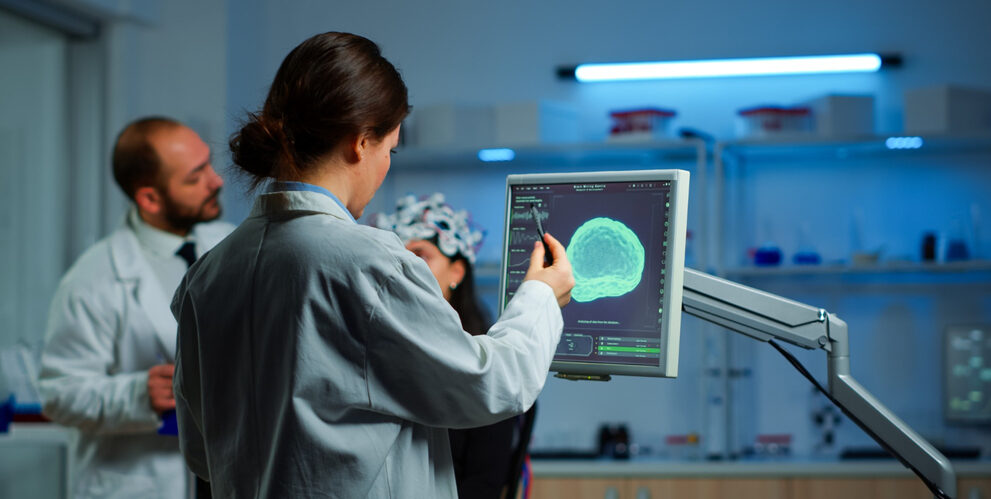Singapore scientists create cheaper blood test to track cancer
Fragle is a new AI that finds tiny traces of cancer in blood, helping doctors treat patients better
Author
Author
- admin / 7 months

- 0
- 3 min read

Author
Artificial intelligence (AI) can now detect circulating tumor DNA (ctDNA) in small blood samples. Fragle, a new AI tool, can detect very small amounts of cancer remaining after treatment, known as minimal residual disease (MRD), helping doctors identify potential relapse at an early stage.
Scientists at the ASTAR Genome Institute of Singapore (ASTAR GIS) have created this tool, which enables doctors to monitor cancer treatment responses with greater precision, more frequent updates, and reduced costs compared to current techniques.
Unlike traditional methods that rely on costly and complex DNA sequencing to detect circulating tumor DNA (ctDNA) through variable cancer mutations, Fragle takes a smarter approach. Using just a small blood sample, Fragle analyzes the size of DNA fragments to distinguish cancer DNA from healthy DNA, enabling more accurate, frequent, and cost-effective monitoring of patient responses to therapy.
Conventional techniques often yield inconsistent results due to mutation differences among patients, complicating treatment response assessments via blood tests. Fragle, however, employs AI to identify distinct size patterns in DNA fragments unique to cancerous cells, requiring only minimal DNA input for rapid and reliable results.
“Just as scientists tracked COVID-19 outbreaks by detecting viral particles in wastewater, Fragle analyzes DNA fragments in blood to monitor cancer treatment response and detect relapse early,” said Anders Skanderup, PhD, Senior Principal Scientist at A*STAR GIS Laboratory of Computational Cancer Genomics and the lead author of the study.
“While existing methods have their strengths, they are often complex and expensive. We wanted to develop a simpler, more affordable, and accessible approach, one that could support accurate monitoring without adding burden to clinical workflows,” he added.
Fragle can track smaller amounts of cancer DNA
The team of scientists is still working to improve Fragle’s sensitivity to track even smaller amounts of cancer DNA. This is crucial for detecting early indicators of cancer recurrence in patients. The team plans to study how Fragle could be implemented in local hospitals to support cancer care.
“We are very excited about the potential Fragle brings to help our healthcare professionals detect and track cancer more accurately and monitor treatments more effectively, leading to better cancer care for patients,” Dr Wan Yue, Executive Director, A*STAR Genome Institute of Singapore, said.
Also read: https://firstcheck.in/breast-cancer-india-late-stage-report/










